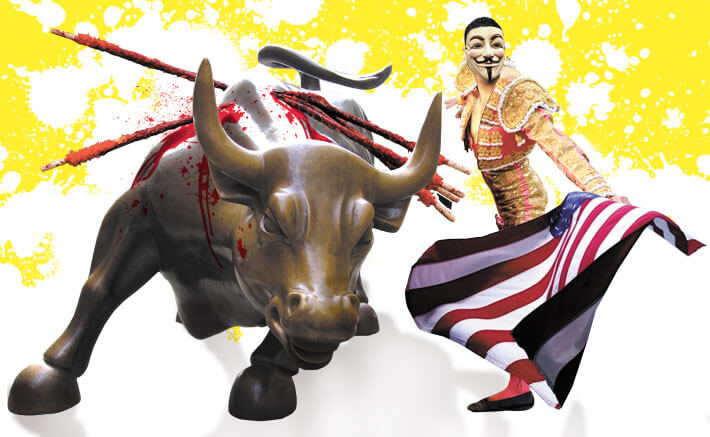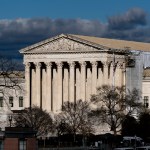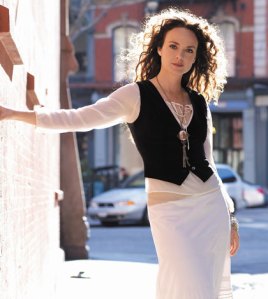Five of the 400 richest Americans on Forbes magazine’s annual list live in Nassau and Suffolk. According to the 2008 state tax records, the most recent ones available, almost 2 percent of Nassau’s tax filers were in the upper income rank of those earning more than $500,000 a year, while almost 1 percent of Suffolk’s tax filers were in that grouping. Another way to put it, Parrott told the Press, is that Suffolk’s top 1 percent had 24.7 percent of the total adjusted gross income, and Nassau’s top 2 percent earned about a third of the county’s total income.
In the Fiscal Policy Institute’s 2010 report, “Grow Together or Pull Further Apart? Income Concentration Trends in New York,” the economists concluded that “New York State has the highest income inequality of all states” and that New York City is “the most polarized among the nation’s 25 largest cities.” The study found that from 1980 to 2007, “when total inflation-adjusted income in the state grew an average of 2.1 percent a year after adjusting for population increase, incomes for those in the bottom half of the income spectrum generally declined while those in the middle income range rose but at only a fraction of the pace of total income growth.”
According to the report, “the top one percent in New York, with 35 percent of state adjusted income, receives high proportions of many of the major income categories, including about 20 percent of all wages; 50 percent of dividends, interest and business income; and about 90 percent of all net realized capital gains.”
Lawrence Mishel, president of the Economic Policy Institute in Washington, D.C., explains that since 1979, when he believes this trend started, “Most of the income growth went to the very top, and the income of those in vast middle didn’t grow very much even though the economy did grow substantially and productivity grew substantially. The inequality meant that most people didn’t make gains. I think that’s very important… One way of saying it is that we implemented policies that people said would make us better off as consumers, but they ended up making it hard for people to earn a living….
“It didn’t happen by accident, and it didn’t happen by the natural evolution of the economy,” says Mishel. “It happened because the people who had political power used it to change policy and to block policies that would have prevented this.”
He adds that it’s “not just a Republican thing” and both the Clinton and Carter administrations enabled it to occur.
“We’re being told that we’re broke,” explains Mishel. “The economy is not broke. The government’s broke, but that’s because you don’t feed the government. If it doesn’t get fed, it goes broke.”
Here in New York this issue is crystallized by efforts to call on Gov. Andrew Cuomo and the state Legislature not to repeal “the millionaire’s tax,” which is set to expire on Dec. 31, and could cost the state $5 billion in lost revenue as those in the top income bracket would no longer have to pay a surcharge. Cuomo, a Democrat, has said he doesn’t want to extend the tax break because it might drive the wealthiest New Yorkers to leave the Empire State.
That’s balderdash, says economist James Parrot.
“There is absolutely no evidence that high income people will leave New York State because of a modest increase in the state income tax,” said Parrott.
So far this top percent seems to have the governor’s ear. But how many people is Cuomo actually paying attention to?
“If you add up the entire ruling class in this country, it’ll fit safely into Yankee Stadium,” says Michael Zweig, professor of economics and director of the Center for Study of Working Class Life at SUNY Stony Brook. “The working population of Long Island is suffering the same difficulties as everybody else in this country [because of] the activities, mischief and fraud committed by that tiny elite section. If they were more limited in what they could do and more subject to democratic social control, I think it would be better for the people on Long Island.”




























